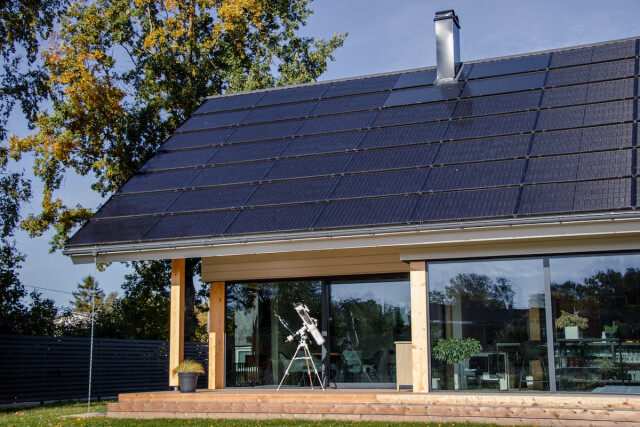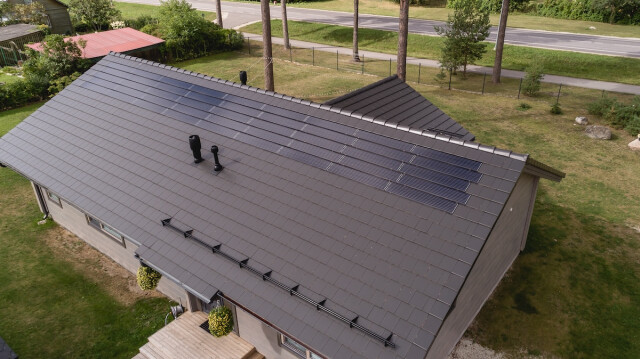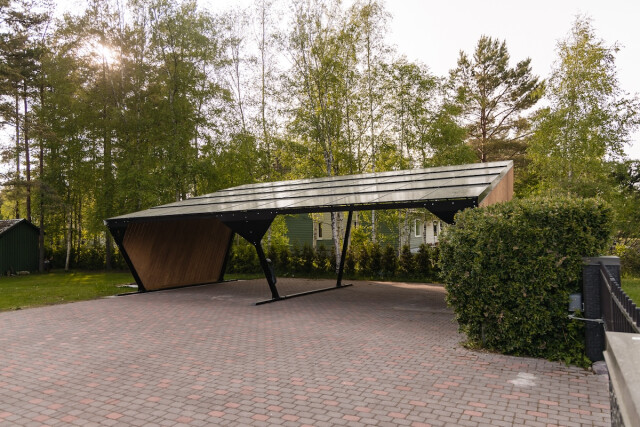Solar Subsidies in Germany

Germany is a world leader in the use of solar energy, and the government offers a number of subsidies and financial incentives to help homeowners and businesses install solar panels. These subsidies can help to offset the cost of installing solar panels, making them more affordable and accessible.
Key facts about solar subsidies in Germany
The Renewable Energy Sources Act (EEG) is the main law that supports solar energy in Germany. It guarantees a fixed feed-in tariff for solar electricity, which means that solar power producers are paid a certain amount for each kilowatt-hour of electricity they generate.
The Federal Ministry for Economic Affairs and Energy (BMWi) also offers a number of grants for solar energy projects. These grants are typically awarded to projects that are located in areas with high solar potential or that are designed to make use of innovative solar technologies.
The state governments in Germany also offer a variety of solar energy support measures. These measures can vary from state to state, so it is important to check with the relevant government agency for more information.

Zero VAT rate for solar modules and installation
The most notable incentive is that the German government has proposed a new zero VAT rate for the supply and installation of solar modules. This means that operators of private PV systems will no longer have to pay VAT on the purchase or installation of their systems.
The tax relief was implemented on January 1, 2023 for single-family residential and commercial photovoltaic (PV) and battery systems up to 30 kWp. For multifamily and mixed-use buildings, the exemption applies to solar systems up to 15 kWp per residential or commercial unit but is limited to up to 100 kW per taxpayer.
The zero VAT rate is a welcome relief for private operators of PV systems. It will make solar energy more affordable and accessible, and it will help to boost the green energy transition. The incentive is expected to boost the installation of solar systems in Germany by 20% in 2023.
What does this mean for homeowners in Germany
If you are considering installing a solar system, you should contact a solar installer to discuss the zero VAT rate and how it may affect you. You should also make sure that the installer you choose is aware of the zero VAT rate. The zero VAT rate is a great opportunity to save money on your solar system. If you are planning to install a solar system in the near future, be sure to take advantage of this incentive.
Solarstrombonus
Solarstrombonus is a feed-in tariff for solar power in Germany. It is a type of renewable energy subsidy that is paid to solar power generators for the electricity they generate. The Solarstrombonus is calculated based on the amount of electricity generated and the market price of electricity.
The Solarstrombonus was introduced in 2009 and is currently valid until 2029. It is a declining tariff, which means that the amount paid per kilowatt hour of electricity generated decreases over time. This is intended to encourage the development of solar power while also ensuring that the cost of electricity remains affordable for consumers.
The Solarstrombonus is a significant incentive for solar power generation in Germany. In 2020, it accounted for around 60% of the revenue generated by solar power in the country. The Solarstrombonus has helped to make solar power one of the most competitive sources of electricity in Germany.
Each German state has its own Solarstrombonus program. The amount of the Solarstrombonus and the eligibility criteria vary from state to state. However, all state programs are based on the federal Solarstrombonus program.
The federal Solarstrombonus is administered by the Federal Network Agency (Bundesnetzagentur). The agency sets the rates for the Solarstrombonus and publishes them on its website. The rates are updated every year.
Eligibility criteria for the Solarstrombonus
The eligibility criteria for the Solarstrombonus vary from state to state, but the following are some general requirements:
The solar power system must be connected to the public grid.
The solar power system must be installed on a residential or commercial property.
The solar power system must have a capacity of at least 1 kilowatt (kW).
The solar power system must be installed by a qualified installer.
The Solarstrombonus is only available for systems that meet certain technical standards. These standards are set by the Federal Network Agency.
In addition to these general requirements, some states may have additional eligibility criteria. For example, some states may require that the solar power system be installed on a new construction or that it be part of a community solar project.
If you are unsure whether your solar power system is eligible for the Solarstrombonus, you should contact the relevant state authority.

SolarPLUS - photovoltaic funding for Berlin
The SolarPLUS funding program is a government initiative to support the expansion of photovoltaics in Berlin. The program provides grants for the purchase and installation of solar systems, as well as for the storage of solar energy.
The SolarPLUS program is open to a wide range of applicants, including individuals, businesses, and community organizations. The amount of funding available depends on the size and type of solar system being installed.
Good to know about the SolarPLUS funding
The program offers a variety of financial incentives, including:
A feed-in tariff of 0.095 EUR/kWh for the first 20 years of operation. This means that you will receive a fixed price for the electricity that your solar system generates, even if the market price for electricity fluctuates.
A one-time grant of 1,500 EUR for systems up to 3 kWp and 2,000 EUR for systems above 3 kWp.
A loan with favorable interest rates. The loan has an interest rate of 0% for the first five years. This can help you to finance the cost of your solar system.
A subsidy for the removal of old roof tiles which is available for systems that are installed on roofs with old, asbestos-containing roof tiles.
Eligibility for the SolarPLUS program
To be eligible for the SolarPLUS program, the applicant must meet certain criteria. These criteria include:
The system must be installed on a residential property in Berlin
The system must have a capacity of at least 3 kWp
The system must be installed by a certified installer
The SolarPLUS program is a great way to make solar energy more affordable and accessible. If you are considering installing a solar system in Berlin, we encourage you to check out the SolarPLUS program (pdf, only in German).
Conclusion
Solar subsidies in Germany can be a great way to offset the cost of installing solar panels. If you are considering installing solar panels, be sure to check out the available subsidies and financial incentives. You may be surprised at how much money you can save.


Innovative solar roofs by Solarstone®
Solarstone solar roofs are a new type of solar panel that integrates seamlessly into the roof structure, replacing traditional roofing materials with 2-in-1 photovoltaic panels that generate electricity. This innovative design offers a number of benefits over traditional solar panels, including:
Reduced material costs: Solarstone solar roofs require fewer materials than traditional solar installations, which can save you money. Traditional solar installations require a separate roof and solar panels, which can add up to a significant cost. Our 2-in-1 solar roofs eliminate the need for a separate roof, which can save you up to 30% on materials costs.
Lower labor costs: Solarstone solar roofs can be installed more quickly and easily than traditional solar installations, which can save you money on labor costs. Traditional solar installations require a team of installers to carefully mount the solar panels to the roof. Solarstone solar roofs can be installed by a single installer in a matter of days, which can save you up to 50% on labor costs.
Improved aesthetics: Solarstone solar roofing products blend seamlessly into the roof, giving your home a sleek, modern look. Traditional solar panels can be unsightly and can detract from the appearance of your home. Solarstone solar roofs are designed to match the look of your roof, so they will blend in seamlessly and enhance the overall appearance of your home.
Durability: Solarstone solar roofs are built to last, providing you with years of reliable solar power. Traditional solar panels can be damaged by the elements, such as hail, wind, and rain. Solarstone solar roofs are made from high-quality materials that are resistant to the elements, so they can withstand the harshest weather conditions.
Eligibility for tax deductions: Solarstone solar roofing products can be eligible for both federal and state tax deductions, which can further reduce your upfront costs.
If you're looking for a seamless, cost-effective, and beautiful way to go solar, Solarstone solar roofs and solar carports are the perfect solution.









